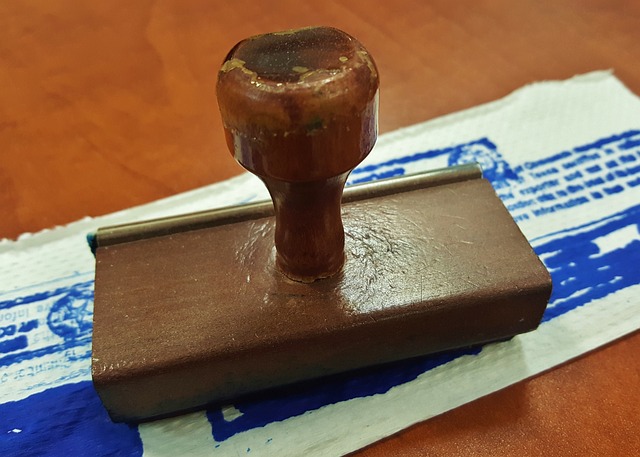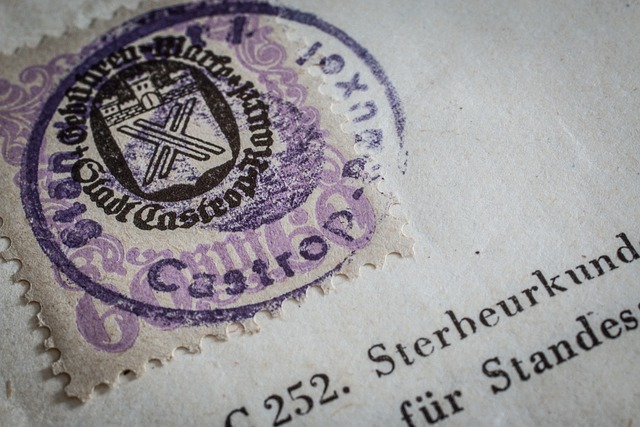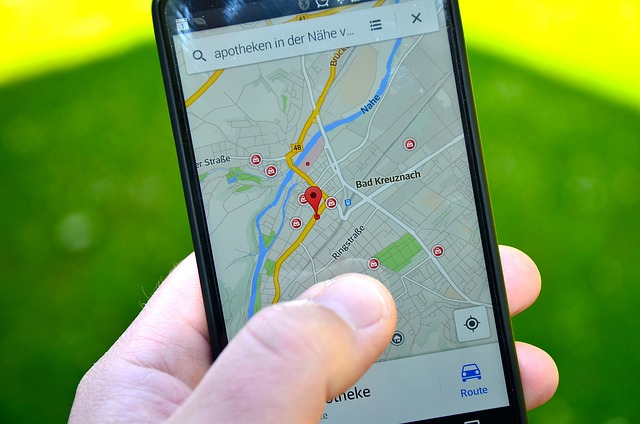Rapid Translate Team
Most international legal processes involve documents that require translation and certification. This is usually to meet the various country’s standards. In the past, meeting these standards was challenging and stressful. However, translation and apostille services have made the process easier and smoother.
Over the years, apostille certificates have become a significant part of documentation between countries. However, many still don’t understand these certificates’ importance in legal procedures. If you need to translate an apostille to Spanish, it is essential to use a professional service to ensure the translation meets legal and official requirements for use in Spanish-speaking countries.
This blog post aims to provide insights on apostille and translation. Read on to learn about these processes to get your different types of documents ready!

Table of Contents
What Is an Apostille?
An apostille is a certificate proving the authenticity of a public official’s signature, seal, and position on a document. It accompanies a document executed, issued, or certified by a public official. An apostille is also known as a notarial certificate, county clerk, or state apostille.
It helps certify notarized documents from a foreign country that has participated in the Hague Convention. It is an authentication for an original document a country submits to another foreign country. Before the apostille convention, validating foreign official documents was challenging and time-consuming.
The process required several authentications from individuals who are representatives of the issuing and receiving countries. Therefore, in 1961, the Hague Conference on Private International Law (HCCH) recognized the need for a more organized approach.
The Apostille Convention created the apostille as a self-sufficient authentication certificate attached to original documents. It became a standard certification method for 115 countries that participated in the convention. The apostille makes the exchange of public documents between two member countries easier.
Any document created in one of these countries is legally certified for use in the other member countries. Almost any translated and notarized official document intended for submission in another language-speaking country needs an apostille. However, any country that isn’t part of the 1961 convention has its method of document certification.
In addition, the relevant authority includes their official seal and signature in apostille certificates. These designated officials are often in government agencies like embassies, courts, and local government offices.

Understanding the Relationship Between Apostille and Translation
As explained before, apostille is a form of certification for official documents exchanged between countries in the convention. Although most of these countries speak different languages, they accept the apostille as a legal certification. This is where translation comes into the picture.
Document translation converts the content of these official documents from the original language to the target language. This is a crucial service for presenting the document in a language the target country understands. Translation bridges the language barriers and ensures clear communication for apostille documents.
Apostille services and document translation are two essential components for international documents. Apostille services ensure the authenticity and legality of a foreign document, while translation makes the content understandable. Both services collaborate to meet the legal standards of foreign countries.
Apostille translation is especially useful for legal proceedings, immigration, and international commerce. Their effective relationship simplifies communication between countries, organizes official processes, and guarantees legal standards.

The Importance of an Apostille Translator for Documents
An apostille translator is crucial in ensuring accuracy during the document translation and apostille processes. The translator accurately translates an original document and apostilles it. Their expertise ensures that your documents are legally valid and contain accurate language.
In addition, you may need to provide certified translations of some documents. This requires the translator to certify that the translation is accurate and complete. Translation certification is necessary for documents like academic transcripts to prove educational qualifications.
Thus, using an expert translator for your translation and apostille project is crucial. However, getting a freelance translator specializing in this service can be challenging due to its complexity.
Luckily, several professional apostille and translation service companies hire specialists with experience in this field.
These specialists know the receiving country’s specific terminologies and legal requirements. They also ensure efficiency and accuracy throughout the process. They organize the document’s authentication and translation process to provide a smooth experience.
Professional translators also ensure the document is precise, complete, and appropriate for the target audience. Their expertise is usually helpful for common documents like your birth certificate or family members’ death certificates. Thus, choosing a translation agency to access various authentication and translation services is best.

How To Get a Document Translated and Apostilled
Several translation & apostille services provide high-quality results for various documents. However, the specific apostille translation process differs by country. That notwithstanding, every location uses a standard guideline.
We’ve explained how to get a document translated and apostilled in three steps. Keep reading!
1. Get a Certified Translation
Translation certification is often necessary for most apostilled documents. So, getting a certified translation should be your first step during the process. You can get this type of translation from translation agencies in your location. There are also online certified translation services that deliver high-quality results to any location.
2. Notarize the Translation
The next step is to notarize the document with an authorized government official. A notary public or solicitor with authority can notarize documents in many countries. You can also use a professional translation agency that offers notarization and translation services.
3. Get an Apostille
Now that you have translated and notarized your document, you can get an apostille certificate. Your translator will provide an apostille request form for you to fill out the necessary details. Then, you’ll attach it to your document and mail everything to the Secretary of State’s office.
Depending on the number of apostilles you want, you may need to pay a service charge. After finalizing your documents, the Secretary of State’s office will return them to you. In some instances, you may need to translate the apostille. After this, your document is ready for any purpose.

How To Get Translation and Apostille Services Near Me
Professional translation companies exist in several countries. So, getting translation and apostille services near you should be easy. There are several ways to locate these service providers for your documents. You can ask people in your location who have used similar services.
They will give you pointers for locating expert translators in your area. Alternatively, you can run a query for translators on search engines like Google and Bing. You only need to indicate that you want a nearby translator in your query. This would be your keyword to get results for professional translation agencies.
Once you identify the agency you want, check its website for the services it offers. Confirm that it provides apostille translations and the cost of this service. You must also check previous customer reviews to ensure they are credible and reliable.
If you aren’t satisfied with these translation and apostille services, you can use an online provider. Online translation service providers like Rapid Translate deliver outstanding results regardless of your location. Our effective translation service allows you to extend your reach and communicate globally.
Rapid Translate gives your legal documents (such as birth or death certificates or marriage certificates) the precision and quality they need for international purposes. Our services break language barriers and connect you with the world. Order now to experience the power of flawless translations!





